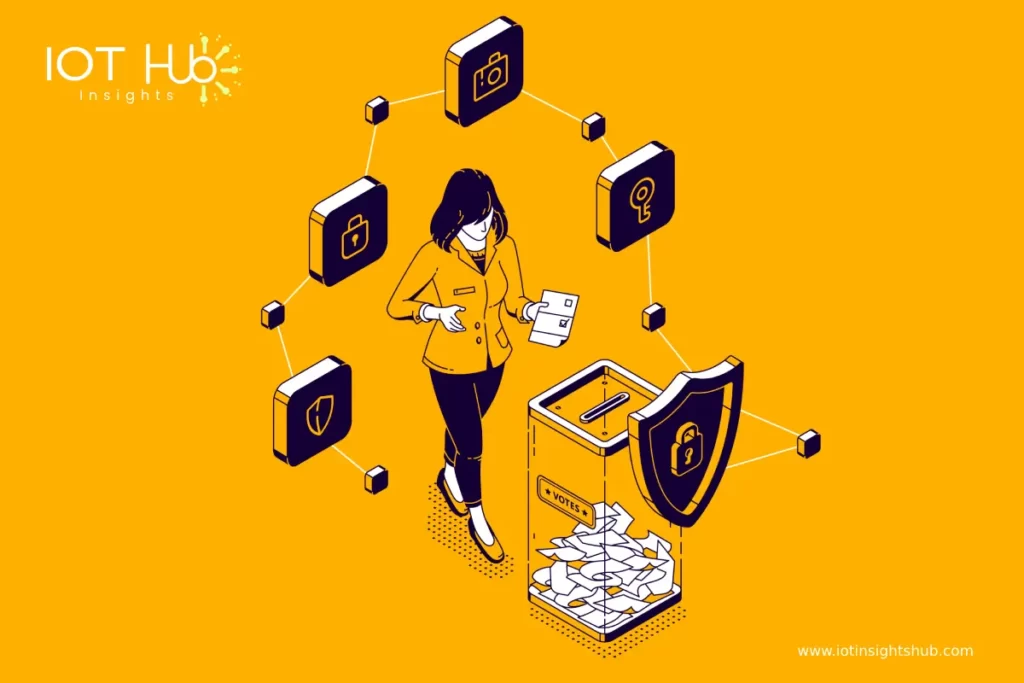The Role of Blockchain in Election Security & Digital Voting

Ensuring secure and transparent elections has been a long-standing challenge for governments worldwide. With concerns over voter fraud, hacking, and manipulation, the demand for a more trustworthy voting system has never been greater. Enter blockchain technology, which is emerging as a powerful tool to revolutionize election security and digital voting.
Why Is Election Security a Concern?
Traditional voting systems, whether paper-based or electronic, are prone to security risks such as:
- Voter fraud – Duplicate or fraudulent votes affecting election outcomes.
- Hacking attempts – Digital voting systems vulnerable to cyberattacks.
- Lack of transparency – Public concerns over vote counting and fairness.
- Human error – Mistakes in vote tallying or recording.
How Blockchain Strengthens Election Security
Blockchain’s decentralized and tamper-proof nature makes it an ideal solution for securing digital voting systems. Here’s how:
1. Immutable Voting Records
Once a vote is cast on the blockchain, it cannot be altered or deleted. This ensures transparency and prevents any form of tampering.
2. End-to-End Transparency
Each vote is recorded on a public or permissioned blockchain, allowing real-time verification by voters and election officials.
3. Eliminating Middlemen
By removing intermediaries from the voting process, blockchain reduces the risk of manipulation and increases public trust in election outcomes.
4. Voter Authentication & Anonymity
Blockchain enables secure voter identification while maintaining anonymity, preventing unauthorized voting while protecting voter privacy.
Real-World Implementations
Several countries and organizations have already experimented with blockchain-based voting systems:
- Estonia – Pioneering blockchain-powered e-voting for government elections.
- United States – Pilot programs in West Virginia for overseas military voters.
- South Korea – Testing blockchain-based voting for local elections.
Challenges & The Road Ahead
While blockchain has immense potential for digital voting, challenges remain, including:
- Scalability – Handling large-scale elections efficiently.
- Accessibility – Ensuring ease of use for all voters.
- Regulatory Hurdles – Governments adapting to new voting technologies.
At IoT Insights Hub, we continue to track innovations in blockchain-based voting and its role in shaping secure democratic processes. Could blockchain be the future of fair elections? Share your thoughts with us!




